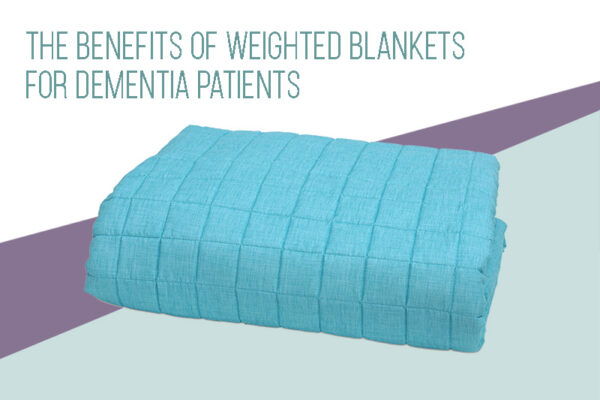All products are selected by our Sleep Tight Weight Blanket editors. If you buy something through our links as an Amazon Associate we earn from qualifying purchases.
When the word “dementia” is mentioned, many people instinctively think about people suffering from memory loss. While this in itself is not wrong, dementia is not a single disease associated with memory loss, it is more of a descriptor used to encapsulate a range of diseases associated with a decline in cognitive abilities such as thinking, and social abilities, and in fact memory loss. In other words, there are several brain-related diseases that are classified as or causes dementia. And the most common of these diseases is the Alzheimer’s disease.
Generally, dementia is caused when there’s damage to brain cells. However, the particular brain cell that is damaged (in a particular region of the brain) is how different types of dementia are known. For example, the reason why memory loss is very common with Alzheimer’s disease is because the cells in the region of the brain – called hippocampus – that is concerned with learning and memory are damaged due to the buildup certain proteins. In another example, vascular dementia – characterized by loss of focus and slowness in thought process – is caused when the vessels in charge of transporting blood to the brain are damaged.
Controllable Risks of Dementia
Although damage to brain cells ultimately lead to dementia, there other factors that contribute to the eventual positive diagnosis of dementia. These factors are grouped into two distinct categories; factors that can be changed, and those that cannot be changed. Factors such as age, genetics and other disorders such as down syndrome which contribute to dementia are factors that cannot be changed or altered. However, other factors such as excess alcohol consumption, diabetes, depression, sleeping disorders such as insomnia or sleep apnea, diet, etc. can be well managed or controlled to reduce the risk of developing any form of dementia.
Preventing and Treating Dementia
At the moment, there are not definite ways that individuals can engage in to ensure they won’t get dementia. However, as mentioned in the previous section, there are some factors that can well managed to reduce the risk of dementia. Factors such as excess alcohol or diet and exercise are straightforward. Issues such as depression, insomnia, and anxiety required a more intentional planning. One of the ways – that has gained popularity – in recent that can help with issues such as depression, insomnia, and anxiety is the use of weighted blankets.
Just as the name suggests, weighted blankets are much heavier than ordinary blankets. As a rule of thumb, these blankets are expected to weight 10 percent of our body weight (or between five to twenty-five pounds). These blankets make use of what is called pressure therapy to simulate the feeling of being hugged or held. This feeling thus leads to the relaxation of the nervous system, and a reduction of heart rate.
In addition to this, the blankets triggers the release of three hormones; oxytocin which makes us feel good, melatonin which is the sleep hormone and serotonin which is in charge of stabilizing our moods. The release of serotonin can help reduce anxiety and depression as moods become more stable. Through the sleep hormone that is released and the relaxation of the nervous system, individuals can fall and stay asleep easier, improving their quality of sleep. It is important to note that although these blankets can be used as a preventive measure, they can also be used to treat people who have been diagnosed with dementia as depression or anxiety are often time symptoms.


